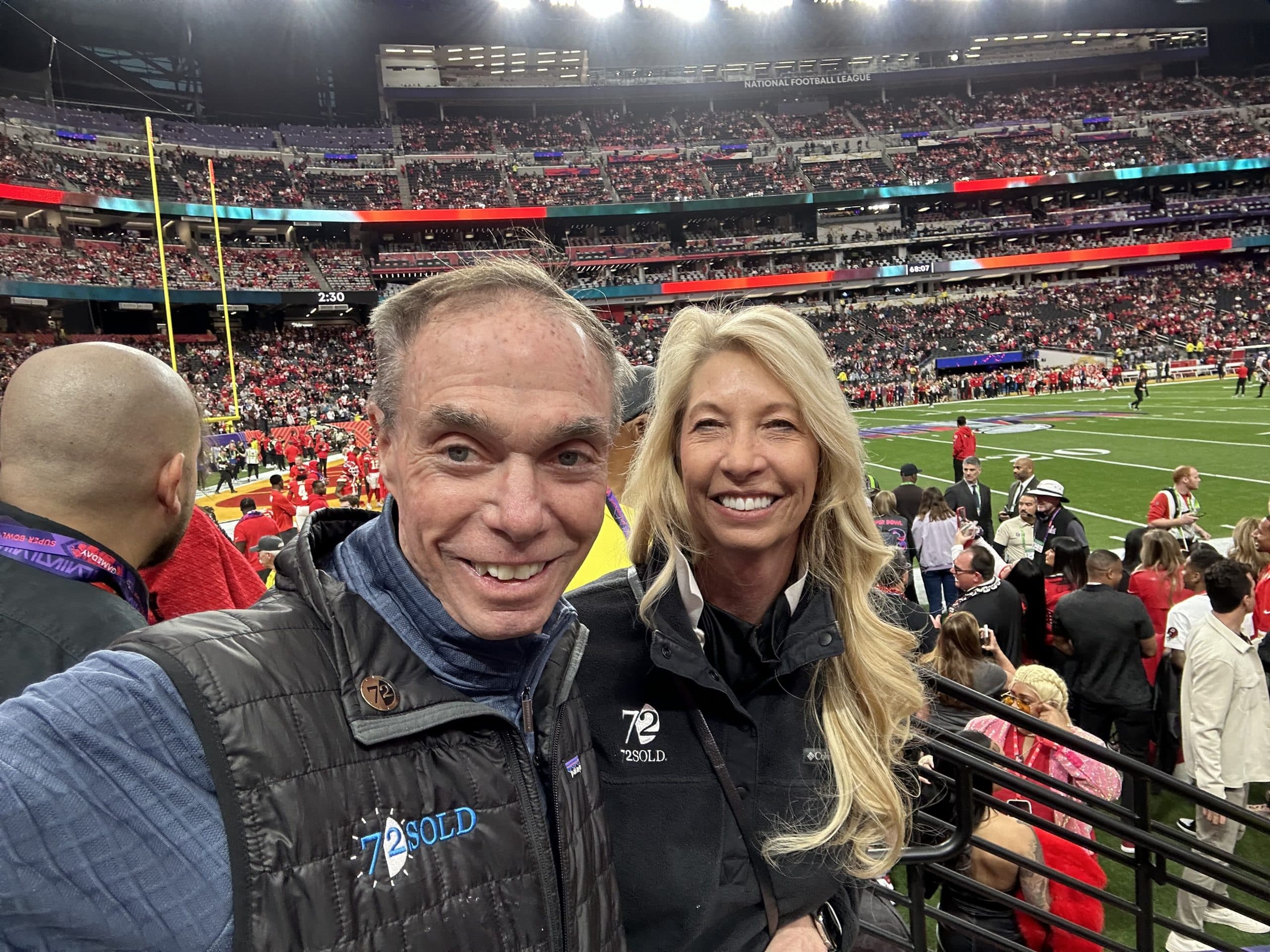It’s a day that will be long remembered in the real estate industry. On March 15th it was announced that the National Association of Realtors (NAR) settled a federal class action antitrust lawsuit that will result in a restructuring of the real estate industry, most particularly in how buyers and sellers compensate real estate agents. The terms of the settlement, if approved by the courts, will take effect in July of this year.
While July may seem way down the road, it’s but a blink of the eye when figuring this industry restructure will change the way homes have been bought and sold with real estate agents throughout this century. What will be the result? In my view, here are 9 changes that will take place:
- Lower commissions for home sellers.
- Better representation for homebuyers.
- Fewer U.S. real estate agents.
- Lower compensation for buyer agents.
- More competition among agents for listings.
- A revamping of real estate firm models.
- Flat fee and hourly real estate fee offerings.
- More consumer focused real estate firms.
- Acute heartburn among industry traditionalists.
THE BACKGROUND
Five years ago (March 2019) I published an article titled, Is It The End Of Traditional Real Estate? I wrote about a multibillion dollar class action lawsuit that had just been filed challenging the way the U.S. real estate industry is structured. Specifically the lawsuit alleged:
- The Multiple Listing Service (MLS) is a tool Realtors are required to use to market their listed properties (true).
- Real estate agents cannot participate in MLS without offering buyer agent compensation (true).
- Buyer agents expect to earn half of the typical 5%-6% commission paid by sellers (2.5%-3%).
- If listing agents don’t offer the expected amount in MLS, many buyer agents refrain from showing those homes, “steering” buyers to homes where they make the most money (true).
- This structure results in home sellers paying both a buyer agent who doesn’t represent them and their listing agent (true).
- This is unfair to sellers because they are paying an agent who negotiates against them and doesn’t represent them (the argument).
- This is unfair to buyers because it can cause their agent to try to sell them a home with a higher offered commission instead of a home that best fits their needs.
In a series of articles over the past five years I predicted the effect of this litigation on our industry:
- Sellers would begin paying only their listing agent and buyers would pay their buyer agent.
- Buyers would first look at homes directly with list agents, then retain a Realtor or attorney at a flat fee or hourly rate to negotiate the purchase and protect them through closing.
- Real estate agents would drop their MLS memberships because there would be no offer of compensation for buyer agents, and listing agents would upload their homes direct to Zillow and other home search portals, exposing them to every potential buyer without the need for an MLS (currently you have to put homes in MLS to get them on Zillow, Realtor.com, etc.).
- Agents who work mostly with buyers will struggle because buyers likely won’t pay 2.5%-3% of their purchase price (out of pocket), which is what buyer agents have become accustomed to earning.
- Real estate firms with a preponderance of buyer agents will struggle and quickly change their models or be displaced.
The argument that buyers should pay their own agent is intuitive. The argument that sellers should not have to pay the agent who negotiates against them is intuitive. And what jury of consumers wouldn’t conclude real estate commissions are too high?… likely every juror who wasn’t a real estate agent.
On October 31st of last year, after a two-week trial, the eight-person jury took only 2 hours, 28 minutes to find in favor of the home selling plaintiffs and award them everything they asked for…over $1.8 billion in damages. Since this was an antitrust based case, the court trebled the damages to almost $5.4 billion.
Many of the defendant real estate firms have since settled, but the NAR refused, in my opinion because it knew this would so negatively affect its membership and the organization might cease to exist. But on Friday, March 15th it was announced that the NAR settled, agreeing to prohibit offers of buyer agent compensation in the MLS, and to no longer require MLS membership.
Many in our industry hate this result, did not believe NAR would settle, and still predict listing agents will find ways to offer buyer agents compensation (outside the MLS) and nothing will change. They are dead wrong. What I predicted is the most likely result.
To me, the big question is how this will affect buyers. Now they will have to pay out of pocket if they want the help of a buyer agent. That’s bad right? Actually, no.
Buyers were not well served under the traditional system because agents had a financial incentive to sell their buyers homes that paid the most money. It’s not that these agents were “bad people” (obviously this is a bad thing to do), but rather they were the victim of a bad system that provided the wrong incentives.
Beginning soon, buyers will hire buyer agents based on what they charge and what they offer. Better agents who offer more services will justify earning more. Just like listing agents have always competed aggressively for listings, agents who want to represent buyers will now have to do the same. And, the settlement requires that agents who show buyers homes must have a written representation agreement spelling out the services provided and the fee to be paid, just like listing agents have always been required to do (by state law).
Also, buyers can always make offers that include what’s known as a seller concession, essentially a credit to the buyer at closing. This effectively allows buyers to finance most of the cost of their agent into the home loan.
If you know any real estate agents (who doesn’t?), they will likely have an opinion (a strong one) concerning this issue. Most agents probably won’t see this my way, but it’s how I believe consumers will see it.
Obviously sellers are going to love paying less commission to sell their homes. As for buyers, at first blush, they may not like having to pay their agent out of pocket, but when they see the benefits they will realize this change is truly…
Better for buyers.












